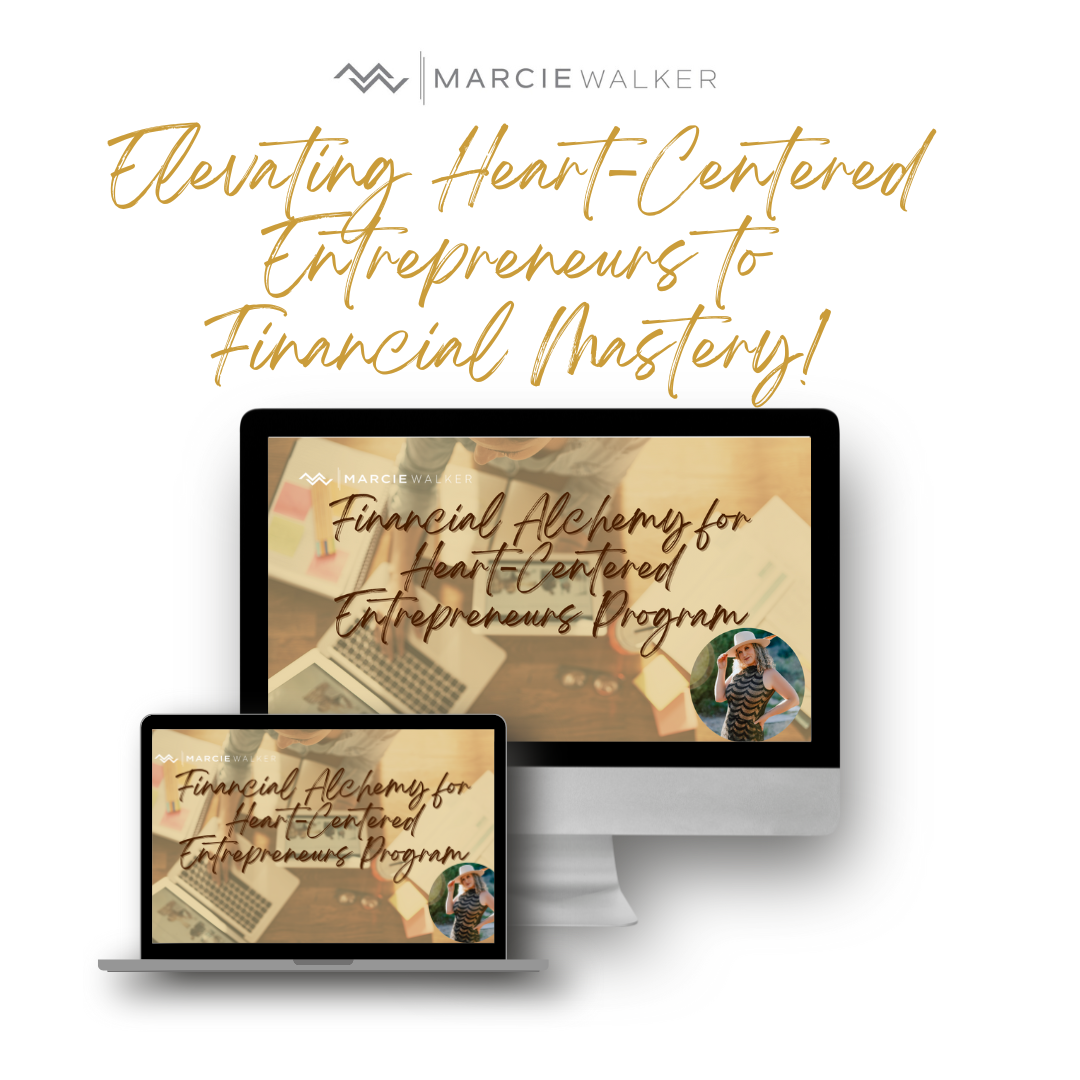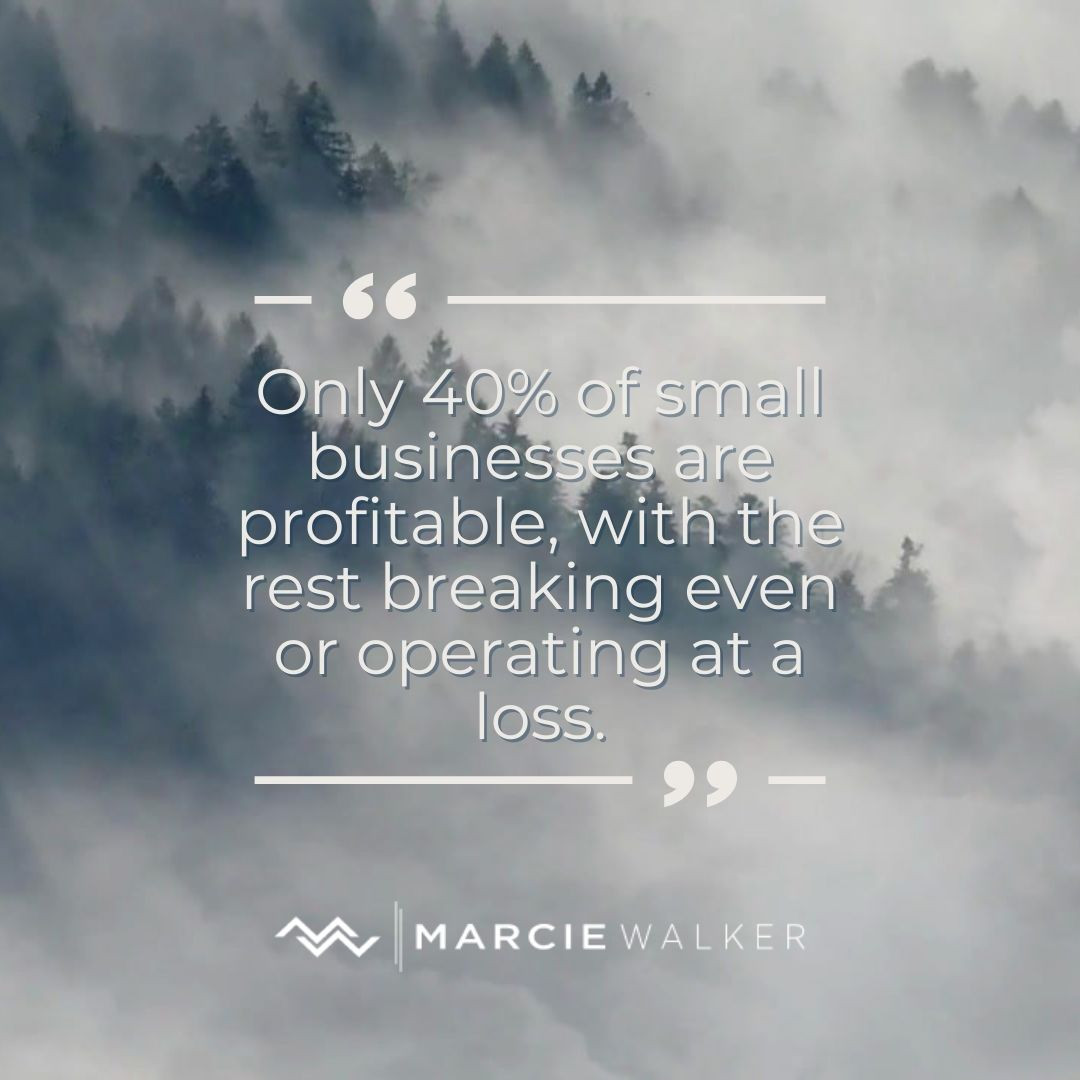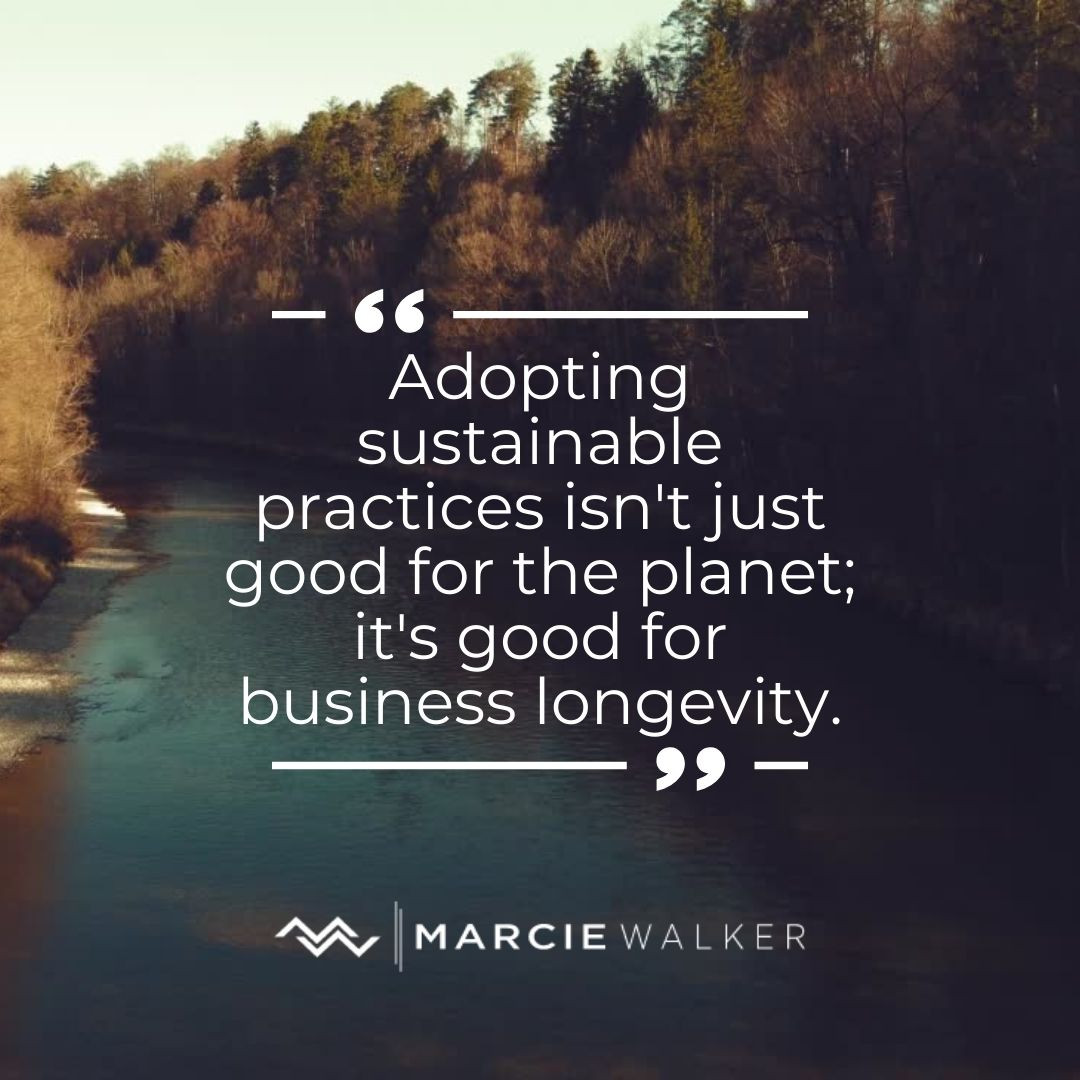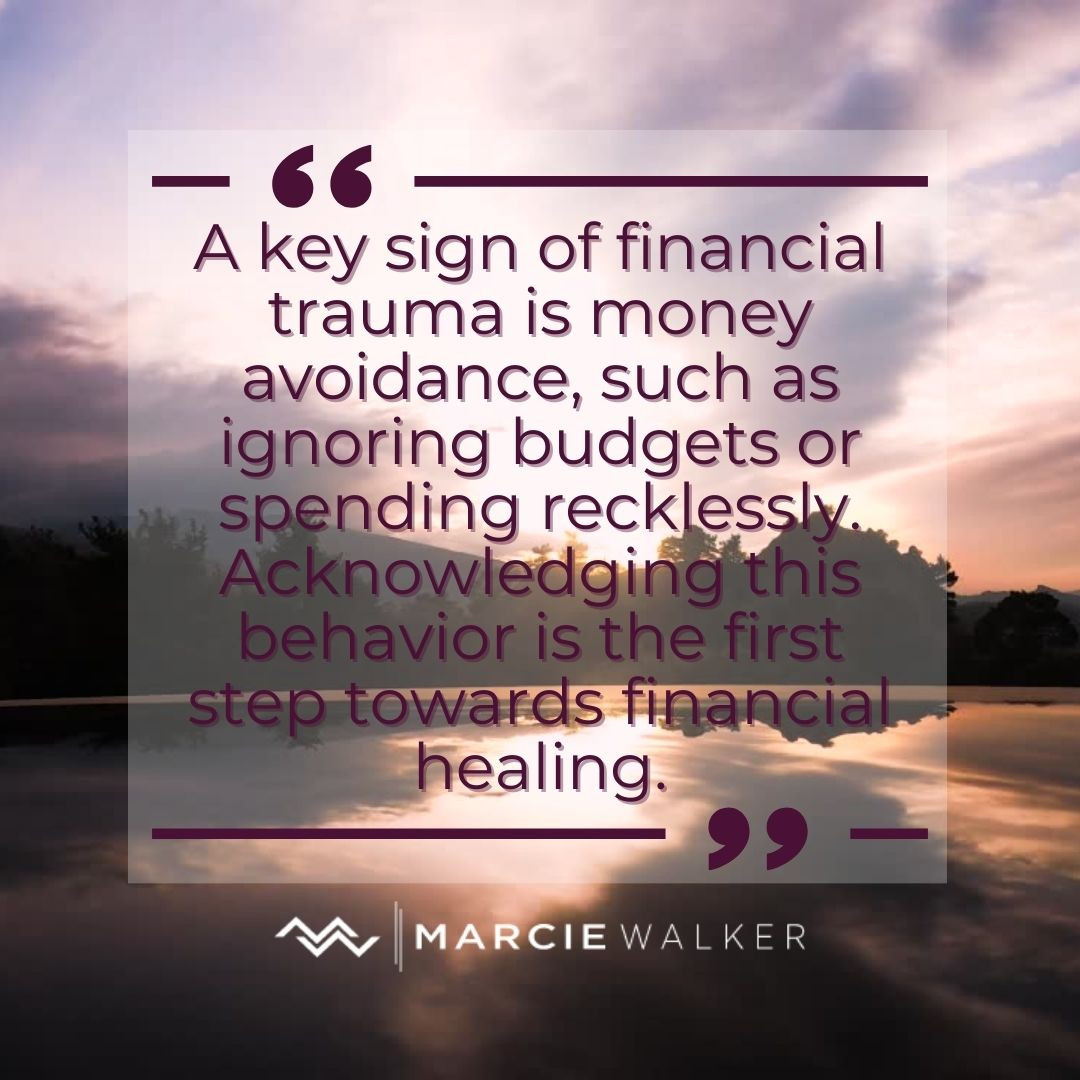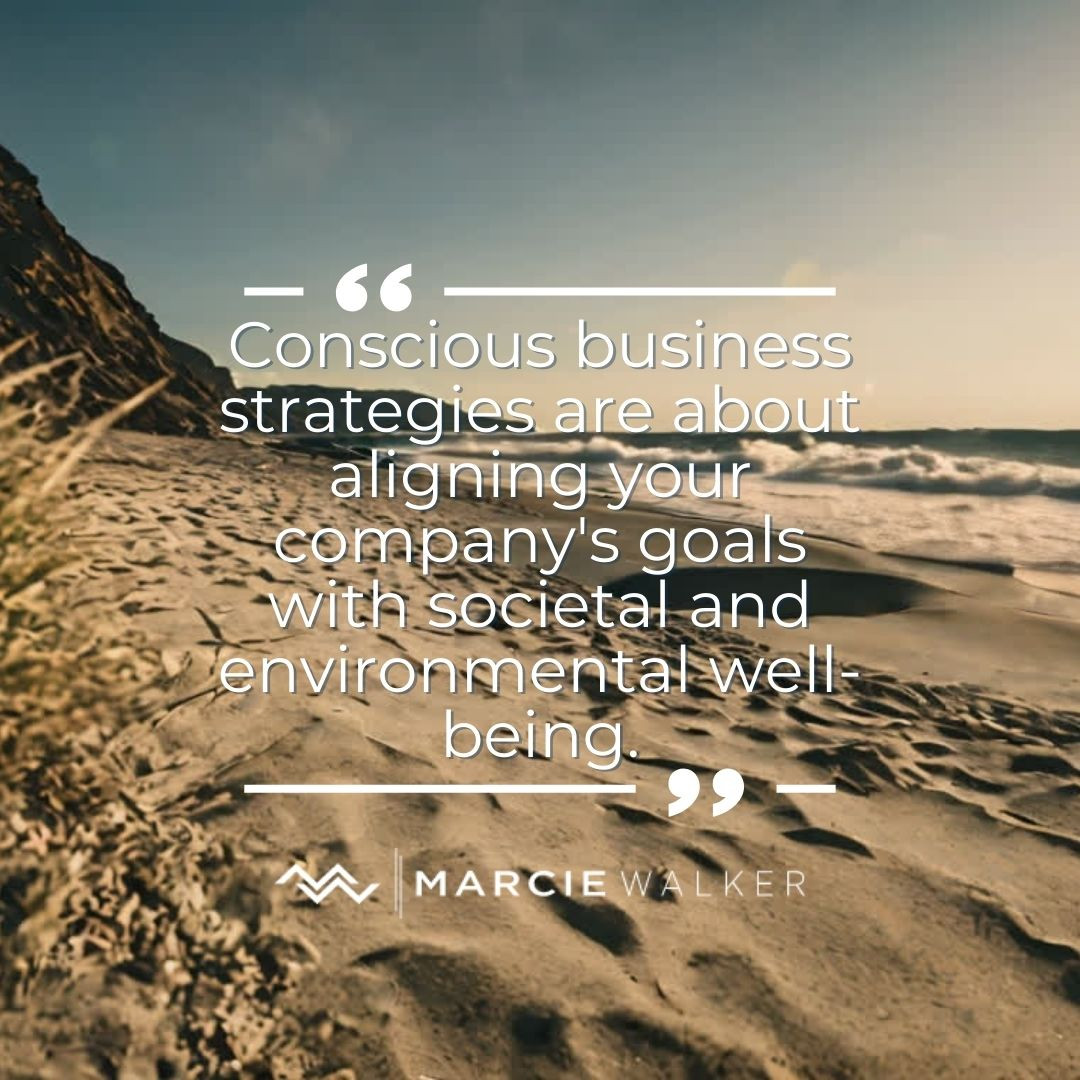
In the ever-evolving landscape of entrepreneurship, a remarkable transformation is taking place—one where spirituality and ethical values are seamlessly intertwining with business practices. This shift offers entrepreneurs a profound opportunity to craft a more meaningful and fulfilling approach to their ventures. As we embark on this journey, we will explore how embracing financial literacy becomes a bridge, connecting the practical realm of finances with the ethereal world of spiritual and ethical principles, fostering a harmonious union between financial wisdom and spiritual values.
Financial Literacy: A Bridge to Ethical Entrepreneurship
Financial literacy acts as the guiding compass for entrepreneurs striving to balance profitability and ethical values. It empowers you to make financially sound decisions that resonate with your spiritual principles. By gaining financial literacy for ethical businesses, you can navigate the complexities of modern entrepreneurship while staying true to your values.
Balancing Profitability and Purpose with Financial Wisdom
Striking a balance between profitability and purpose is a fundamental challenge for today's entrepreneurs. Financial literacy equips you with the knowledge and tools to make financially sound decisions while staying true to your ethical principles. It ensures that the pursuit of profit does not compromise your values, enabling you to balance profit and purpose effectively.
Transparency and Trust: A Financial Imperative
Incorporating spirituality and ethics into business practices often involves transparency and trust-building. Financial literacy plays a crucial role in this process by ensuring that financial statements, reports, and transactions are transparent and aligned with ethical standards. Trust is the cornerstone of meaningful business relationships, and financial transparency and trust are integral to ethical entrepreneurship.
Strategic Philanthropy: Making an Impact with Financial Wisdom
Many spiritually-aligned entrepreneurs are passionate about giving back to their communities and making a positive impact on the world. Financial literacy helps them strategically allocate resources for philanthropic endeavors, ensuring that their giving is both impactful and sustainable. Strategic philanthropy in business is a manifestation of financial wisdom combined with ethical values.
Resilience in Financial Storms: An Ethical Standpoint
Every business faces financial challenges, but entrepreneurs grounded in spiritual and ethical values have unique resilience. Financial literacy equips them with the tools to weather financial storms without compromising their integrity. It's the armor that shields their values in times of adversity, demonstrating financial resilience and ethics in action.
A Holistic Approach to Prosperity: Integrating Financial Wisdom and Values
In conclusion, the integration of spirituality and business ethics is a transformative approach to entrepreneurship. When combined with financial literacy, it creates a holistic approach to prosperity—one where financial success is a reflection of ethical values and purpose-driven actions. Entrepreneurs who embrace a holistic approach to prosperity find fulfillment not only in financial success but also in a deeper sense of purpose.
Embrace the Journey: Financial Literacy and Ethical Entrepreneurship
As you embark on your entrepreneurial journey, remember that financial literacy is not a separate entity but an integral part of your path to success. It allows you to align your financial choices with your values, ensuring that your business thrives not only in profits but in purpose. By blending spirituality, ethical principles, and financial acumen, you can create a legacy that reflects your vision and leaves a positive impact on the world. Embrace the journey of financial literacy within the context of your values, and watch your business flourish in ways that transcend the bottom line.
Take the Next Step: Exploring Financial Wisdom and Ethics
If you're ready to embark on this transformative journey, consider exploring resources that offer guidance on financial literacy for spiritually and ethically aligned businesses. Seek out mentors and advisors who share your values and can provide valuable insights. Remember that financial wisdom, when combined with ethical principles and a sense of purpose, can be a potent force for positive change in the world of business.
Embracing Financial Wisdom and Ethical Values
By integrating these elements, entrepreneurs can embark on a journey that not only leads to financial success but also enhances their sense of purpose and fulfillment. As you continue on your path, may you find balance, prosperity, and a profound connection between your financial decisions and your values. In the world of business, success is not only measured in dollars but also in the positive impact you create.
Coach Marcie
🌿 Seeking a Harmonious Blend of Finance & Spirituality?
Heart-centered entrepreneurs face unique challenges and rewards. From the ebb and flow of finances to the rhythm of the soul, find solace in the delicate balance of it all.
💌 Subscribe to 'Balance Sheets and Heartbeats'. Join a community of like-minded individuals and receive curated insights on mindful money management, purpose-driven entrepreneurship, and the spirituality of business. It's where finance meets soul, delivered straight to your inbox.

In the modern business landscape, the concept of sustainability transcends environmental responsibility, becoming a key driver of long-term business success. Companies worldwide are discovering that sustainable practices are not just beneficial for the planet – they are essential for enduring profitability and market relevance. From reducing operational costs to enhancing brand reputation, the advantages of eco-friendly business strategies are manifold and impactful. As consumer awareness and global regulations evolve, businesses embracing sustainability find themselves well-positioned for future growth and success. This shift towards eco-conscious business models marks a significant and necessary evolution in the way we approach commerce and planetary stewardship.
The Business Case for Sustainability
Sustainability in business refers to practices that do not deplete natural resources, thereby supporting long-term ecological balance. It's a concept that has been gaining traction, with terms like 'corporate responsibility,' 'green practices,' and 'eco-friendly strategies' becoming increasingly prevalent in the business lexicon.
- Enhanced Brand Image and Reputation: Sustainable practices significantly boost a company's image and reputation. Today's consumers are more environmentally conscious and prefer to engage with brands that demonstrate a commitment to sustainability.
- Cost Reduction and Efficiency: Implementing sustainable practices often leads to increased operational efficiency and cost savings. Energy-efficient systems and waste reduction strategies, for example, not only reduce environmental impact but also lower operational costs.
- Innovation and Competitive Advantage: Sustainability drives innovation by pushing companies to develop new, eco-friendly products and services. This innovation can create a significant competitive advantage in an increasingly eco-conscious market.
The Environmental Impact of Sustainable Business
The environmental benefits of adopting sustainable practices in business are clear and substantial.
- Reducing Carbon Footprint: Sustainable business practices play a crucial role in reducing greenhouse gas emissions, thereby addressing the global challenge of climate change.
- Conservation of Resources: Sustainability involves efficient use of resources, which helps in conservation and ensures their availability for future generations.
- Promoting Biodiversity: Eco-friendly business practices contribute to the preservation of biodiversity by reducing pollution and habitat destruction.
Sustainable Practices for Businesses
There are various ways businesses can integrate sustainability into their operations.
- Adopting Renewable Energy Sources: Switching to renewable energy sources like solar or wind power reduces dependence on fossil fuels and decreases greenhouse gas emissions.
- Implementing Green Supply Chain Management: Opting for suppliers who also follow sustainable practices can significantly reduce a business's overall environmental impact.
- Developing Sustainable Products and Packaging: Designing products and packaging with environmental impact in mind can reduce waste and appeal to eco-conscious consumers.
The Role of Leadership in Sustainable Business
Leadership plays a pivotal role in the transition to sustainable business practices.
- Vision and Commitment: Business leaders must have a clear vision and commitment to sustainability, integrating it into the company's mission and values.
- Employee Engagement and Culture: Leaders should foster a culture of sustainability within the organization, encouraging employee engagement and innovation in sustainable practices.
- Transparency and Reporting: Transparent reporting on sustainability goals and achievements is essential for accountability and building trust with stakeholders.
Challenges and Opportunities in Sustainability
While the path to sustainability presents challenges, it also opens up numerous opportunities for business growth and innovation.
- Navigating Initial Costs: The initial investment in sustainable technology and practices can be high, but the long-term savings and benefits often outweigh these costs.
- Staying Ahead of Regulations: With increasing environmental regulations, adopting sustainable practices proactively positions businesses to comply with future legislation.
- Meeting Consumer Expectations: As consumer awareness and demand for sustainable products grow, businesses that adapt quickly can capture new market segments and customer loyalty.
The Future of Sustainable Business
The future of business is inextricably linked to sustainability. As resources become more limited and consumer preferences shift, businesses that adopt sustainable practices will likely see increased growth and longevity.
Adopting sustainable practices is a strategic choice that benefits both the planet and businesses. It's about creating a harmonious balance between economic success and environmental responsibility. By embracing sustainability, businesses can not only contribute to a healthier planet but also ensure their own longevity and relevance in a rapidly changing world.
🌿 Seeking a Harmonious Blend of Finance & Spirituality?
Heart-centered entrepreneurs face unique challenges and rewards. From the ebb and flow of finances to the rhythm of the soul, find solace in the delicate balance of it all.
💌 Subscribe to 'Balance Sheets and Heartbeats'. Join a community of like-minded individuals and receive curated insights on mindful money management, purpose-driven entrepreneurship, and the spirituality of business. It's where finance meets soul, delivered straight to your inbox.

In the rapidly evolving landscape of modern business, the emergence of conscious business strategies has become a beacon of hope and transformation. Conscious business practices are not just a trend; they're a vital shift towards aligning company goals with the broader objectives of societal and environmental well-being. This holistic approach to business is rooted in mindfulness, sustainability, ethical leadership, and a commitment to creating positive change in the world.
The Essence of Conscious Business Strategies
At the core, conscious business strategies involve integrating social responsibility, environmental stewardship, and ethical decision-making into the DNA of a company. This paradigm shift transcends traditional profit-driven models, focusing instead on creating value for all stakeholders – employees, customers, communities, and the planet.
- Social Responsibility: Emphasizing social impact, conscious businesses prioritize community engagement, fair labor practices, and philanthropy. This approach not only enhances brand reputation but also fosters a deeper connection with consumers who are increasingly supporting companies with strong social values.
- Environmental Stewardship: Conscious businesses adopt sustainable practices to minimize their ecological footprint. From using renewable energy sources to implementing recycling programs, these strategies are crucial in combating climate change and preserving our planet for future generations.
- Ethical Leadership: At the helm of every conscious business is a leader who values integrity, transparency, and inclusivity. Ethical leaders inspire trust and loyalty, not just among employees but across their entire consumer base, fostering a culture of respect and purpose.
The Business Case for Conscious Strategies
Implementing conscious business practices isn't just morally right; it's economically smart. Companies that adopt these strategies often see increased customer loyalty, improved employee engagement, and enhanced brand image.
- Customer Loyalty: In a world where consumers are more informed and value-driven, businesses that demonstrate a commitment to societal and environmental issues can build a loyal customer base. Conscious branding resonates with customers' personal values, creating a strong emotional connection.
- Employee Engagement: Companies that prioritize employee well-being and social impact initiatives tend to have higher levels of employee satisfaction and retention. Engaged employees are more productive, innovative, and committed to the company's success.
- Brand Image: A strong commitment to ethical practices and sustainability can significantly enhance a company's reputation. In the digital age, where information is readily accessible, a positive brand image can be a crucial differentiator in a crowded market.
Implementing Conscious Strategies
Transitioning to a conscious business model requires deliberate action and commitment. Here are some practical steps to integrate these strategies into your business:
- Assess and Align: Start by evaluating your current business practices and identify areas where you can incorporate social responsibility, environmental sustainability, and ethical leadership. Align these strategies with your company’s mission and values.
- Engage Stakeholders: Involve employees, customers, and partners in your journey towards becoming a more conscious business. Collaboration and feedback are key to ensuring your strategies are effective and resonate with all stakeholders.
- Set Measurable Goals: Establish clear, achievable goals for your conscious business practices. Whether it’s reducing carbon emissions, increasing community outreach, or ensuring diversity in leadership, measurable objectives help track progress and maintain accountability.
- Communicate Transparently: Be open about your goals, successes, and challenges in implementing conscious strategies. Transparency builds trust and shows stakeholders that you are genuinely committed to making a positive impact.
Challenges and Opportunities
Adopting conscious business strategies is not without its challenges. It requires a shift in mindset, often involving initial costs and organizational changes. However, the opportunities far outweigh the challenges. By embracing these strategies, businesses can become pioneers in a new era of corporate responsibility and sustainability.
The Future of Business
The future of business lies in the hands of those who recognize the interconnectedness of profit, people, and the planet. As we move forward, conscious business strategies will not just be a competitive advantage but a necessity for long-term survival and success.
Conscious business strategies represent a bold step towards a more sustainable and equitable world. By aligning company goals with societal and environmental well-being, businesses can create a legacy of positive impact that transcends financial success. It's a journey of transformation, purpose, and, most importantly, hope for a better future.
Coach Marcie
🌿 Seeking a Harmonious Blend of Finance & Spirituality?
Heart-centered entrepreneurs face unique challenges and rewards. From the ebb and flow of finances to the rhythm of the soul, find solace in the delicate balance of it all.
💌 Subscribe to 'Balance Sheets and Heartbeats'. Join a community of like-minded individuals and receive curated insights on mindful money management, purpose-driven entrepreneurship, and the spirituality of business. It's where finance meets soul, delivered straight to your inbox.

In a world where businesses are constantly navigating the waters of change, the concept of holistic leadership has emerged as a beacon of balance and innovation. Holistic leadership is not just a buzzword; it's a transformative approach that reshapes team dynamics, fostering an environment ripe with mutual respect, creativity, and collaboration. It's where leadership is not confined to the corner office; it's integrated throughout every layer of an organization, energizing teams and igniting a culture that champions collective success.
Holistic Leadership: A Path to Harmonious Team Dynamics
The journey toward holistic leadership begins with self-awareness and extends into the realms of empathy, emotional intelligence, and a profound understanding of the interconnectedness of team members' well-being with organizational health. Holistic leaders recognize that a team is more than the sum of its parts. They see the hidden threads that link individual progress with collective achievement and understand that nurturing these threads is key to weaving a strong, resilient organizational tapestry.
The Pillars of Holistic Leadership
- Self-awareness and Personal Development: Holistic leaders are committed to continuous personal growth. They invest time in self-reflection and encourage their teams to do the same, understanding that personal development is a cornerstone of professional excellence.
- Mindfulness and Presence: Being fully present is a gift of true leaders to their teams. Mindfulness practices become strategies that help in reducing workplace stress and enhancing focus, leading to a more productive and engaged workforce.
- Emotional Intelligence: The ability to understand and manage emotions is crucial. A leader skilled in emotional intelligence can navigate the complexities of team interactions with grace and foster an environment of psychological safety.
- Physical and Mental Well-being: Advocating for a healthy work-life balance, holistic leaders promote physical wellness and mental health, recognizing that a healthy team member is a more effective one.
- Sustainability and Ethical Responsibility: Holistic leadership is also about looking beyond the profit margins to the impact on society and the planet, integrating sustainable practices into the business model.
Fostering a Culture of Mutual Respect
Mutual respect is the foundation upon which productive team relationships are built. Holistic leadership champions diversity and inclusivity, ensuring that every team member feels valued and heard. This respectful approach dismantles hierarchies that stifle creativity and empowers individuals to bring their unique perspectives and ideas to the table.
Creativity as a Collective Endeavor
In a holistic leadership model, creativity isn't relegated to specific departments or roles; it's a collective endeavor. By encouraging cross-functional collaboration and ideation, leaders can harness the creative potential of their entire team, leading to innovation that drives the business forward.
Collaboration over Competition
The traditional model of competition is giving way to a more collaborative approach under holistic leadership. When team members unite towards a common goal, sharing skills and knowledge, the result is a more robust, agile, and adaptive organization.
Implementing Holistic Leadership Practices
To implement holistic leadership practices, organizations can start with these steps:
- Conduct training sessions focused on emotional intelligence and mindfulness.
- Create wellness programs that address both physical and mental health.
- Encourage open communication and regular feedback.
- Promote ethical business practices that consider environmental and social impacts.
- Develop a recognition system that appreciates effort and creativity.
Holistic Leadership in Action: Real-world Examples
Many leading companies are already embracing holistic leadership principles, seeing tangible benefits in team morale, creativity, and productivity. From tech giants that offer meditation rooms and flexible working arrangements to startups that prioritize ethical sourcing and community engagement, the impact of this leadership style is clear and compelling.
A Future Led by Holistic Leaders
The future of business is undoubtedly being shaped by leaders who are holistic in their approach. By positively transforming team dynamics, they are building companies that are not only successful but also sustainable and ethical. As we move forward, holistic leadership will become not just an advantage but a necessity, guiding organizations to thrive in an ever-evolving business landscape.
Are you ready to transform your leadership approach and foster a culture of respect, creativity, and collaboration within your team? Begin your journey of holistic leadership today and watch as your team reaches new heights of success and fulfillment.
Coach Marcie
🌿 Seeking a Harmonious Blend of Finance & Spirituality?
Heart-centered entrepreneurs face unique challenges and rewards. From the ebb and flow of finances to the rhythm of the soul, find solace in the delicate balance of it all.
💌 Subscribe to 'Balance Sheets and Heartbeats'. Join a community of like-minded individuals and receive curated insights on mindful money management, purpose-driven entrepreneurship, and the spirituality of business. It's where finance meets soul, delivered straight to your inbox.
Discover the alchemy of well-being in purpose-driven enterprises.
Drawing from a decade-long journey with stress-induced ailments, uncover the vital connection between employee wellness, business success, and holistic growth.
Dive deep into the confluence of science, spirituality, and strategy, reshaping the narrative of workplace wellness from mere HR initiatives to powerful conduits of transformation and purposeful success.
Read more...
